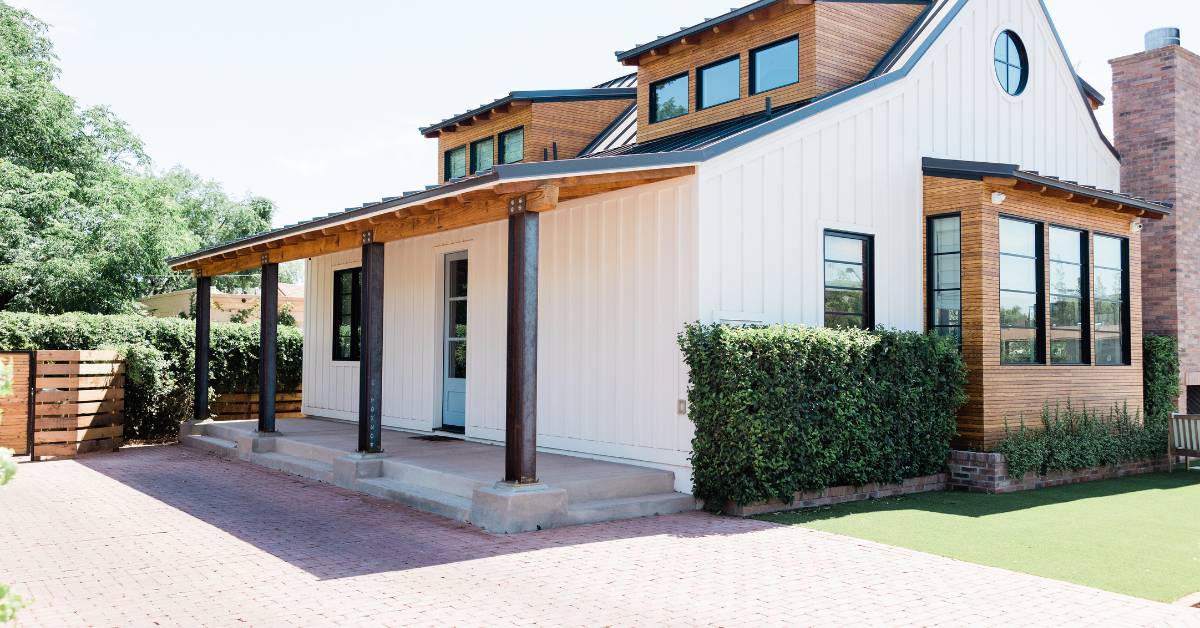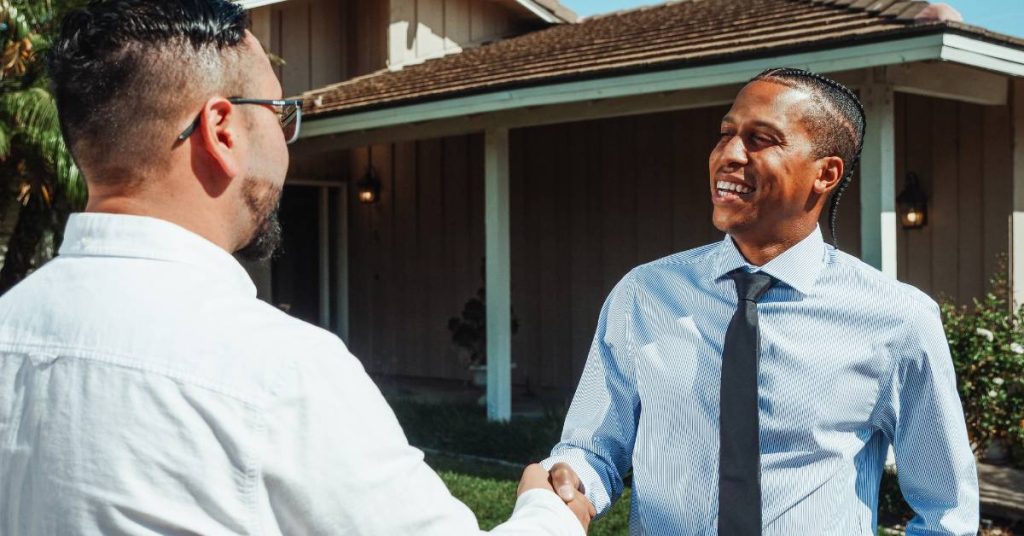Can You Get Down Payment Assistance With a FHA Loan? What You Need to Know
Buying a home is one of the most significant investments you’ll ever make, but it can be out of reach for many people because of the high down payment and closing costs.
Down payment assistance (DPA) programs are a great way to help more people become homeowners, but most people don’t even know they exist!
DPA programs can provide loans or grants that help cover a portion or even all down payment and closing costs for potential home buyers. That means you can afford to buy a home and take advantage of the tax benefits, stability, and wealth-building potential of homeownership.
In this article, we will share some resources and advice on how to get down payment assistance with an FHA loan.
Down Payment Assistant Programs (DPA): What Are They?

DPA programs help homebuyers with grants and low-interest loans to cover a down payment on a home. Eligibility requirements vary by program, but it’s best for a first-time home buyer with a low or moderate income and a good credit score. In addition, many programs offer extra help for FHA loans.
So you might be asking, “Can you get down payment assistance with an FHA loan?”
The answer is yes, you can! Although the FHA doesn’t have an in-house down payment assistance program, they have an approved list of lenders per state that can help you get one.
That list always changes, so it’s best to get in touch with us to make sure that you are eligible.
Before looking into getting down payment assistance, you are going to need to find out the following:
- What the FHA loan requirements are to get approved?
- What are the minimum FHA credit requirements you will need to have?
- How much of a down payment is needed for an FHA loan?
How to Qualify for Down Payment Assistance Using an FHA Loan?
DPA programs were made for low to middle-income families who meet specific requirements for income, location, and type of property. The qualifications will depend on your state and the program you use.
Here is what you typically need to get approved:
- First-time homeowner
- Purchasing your primary residence
- You have a low to moderate level of income
- You are working with an approved FHA mortgage lender and program
- The property is within the local purchase price limits
- Proof of employment and credit history
Although typically meant for first-time home buyers, down payment assistance programs can help you if you’ve purchased multiple homes in the past, but there is a 3-year wait period between home purchases to qualify. You can also get down payment assistance with an FHA 203(k) loan to purchase a fixer-upper.
What Types of Down Payment Assistance Programs Are Available?
Down Payment Assistance (DPA) programs are available at the state and local levels to help pay for your down payment. These programs can be a great way to make homeownership more affordable and accessible.
There are 3 main types of DPA programs that you should familiarize yourself with:
- Grants provide a no-strings-attached money option.
- Deferred loans allow for payments to be delayed until you move, sell, or refinance.
- Forgivable loans come with an interest rate of 0%. These loans can be written off after a certain number of years, usually 5-20 years. However, if you move or refinance your FHA loan before that period, you will have to pay back all or part of the loan.
There are many different DPA lenders across the United States, and while the best place to look for a lender in your state would be through the Department of Housing and Urban Development website, you’re probably better off getting a faster answer from us since we have access to these DPA programs throughout our FHA approved locations.
What Are the Pros and Cons of Using Down Payment Assistance Programs (DPA)?
Knowing all the pros and cons before applying for a DPA is very important, so you know exactly what to expect.
Here are the typical pros and cons of DPA programs:
Pros
- You can buy a house much sooner because you no longer have to spend years saving up for a down payment**.**
- DPA programs can help with closing costs and down payment requirements which could save you thousands of dollars in the big picture.
- You can avoid having to pay private mortgage insurance depending on the amount of a down payment you get. This can also save you thousands of dollars.
- DPAs can help you qualify for more favorable interest rates on your FHA mortgage because larger down payments lower your risk level.
- You don’t have to borrow any money from your friends and family. Doing this on your own will give you peace of mind because you don’t have to burden anyone you know financially.
Cons
- You could be forced to stay in a home longer because of the waiting period. This could put you into a bad situation if you have to move because of work, a divorce, or other life changes.
- It could take longer for your property to close because it takes longer when you have to apply for a DPA and an FHA loan.
- You may overextend yourself financially if you choose the more expensive home.
- It can come with strict eligibility requirements depending on your state and the program you use.
How Do I Save For a Down Payment On a House if I Don’t Qualify for a DPA?

- Create a budget to save for a down payment on your dream home. Consider the property cost in the area you want to move to and decide what you can afford. Find out how much of an FHA loan you qualify for, as you may need as little as 3.5% of the total purchase price. Put aside money each month into your piggy bank to help you reach your goal faster.
- Increasing your income is one way to save for a down payment on a home. You can do this by taking on a side hustle, working overtime, selling unused items, taking on a second job, or negotiating with your boss for a raise. Making an extra effort to find creative ways to make extra cash will be worth it when you realize your dream of homeownership.
- Pay off debt such as high-interest debts, student loans, and credit cards before saving for a down payment. Paying down your debt can also help your credit score, which is essential if you want better loan terms when applying for an FHA mortgage.
- Reducing unnecessary expenses by reducing excessive spending can be a great way to increase your savings. Although it may not always be enjoyable, cutting out extra expenses can help you reach your goal of saving for that down payment.Here are 7 ways you can cut expenses:
- Prepare more meals at home to cut down on take-out and fast food costs.
- Substitute free or low-cost entertainment options such as streaming services, video games, and outdoor activities.
- Rethink vacation plans and stay at home instead.
- Shop at thrift stores or discount retailers for clothes.
- Consider relocating to a less expensive area with lower rent.
- Split the cost of rent by getting a roommate.
- Use alternative transportation like riding a bike or taking the bus or subway.
The Bottom Line
When it comes to making the dream of homeownership come true, down payment assistance programs and FHA loans can be very helpful.
And when you combine both programs, which have super low rates, you’re 1 step closer to living the American dream!
FAQ
What is the lowest down payment for an FHA loan?
3.5% is the lowest as of today.How do I get money for a downpayment?
You can apply for DPA programs such as grants, deferred loans, or forgivable loans. You can also save up for a down payment or ask a family member.
Who qualifies for down payment assistance?
To qualify, you need a steady income and proof of a job. You also need to be a first-time homebuyer, have good credit, or have a low to moderate income.
Can you use down payment assistance with an FHA loan?
Absolutely!






